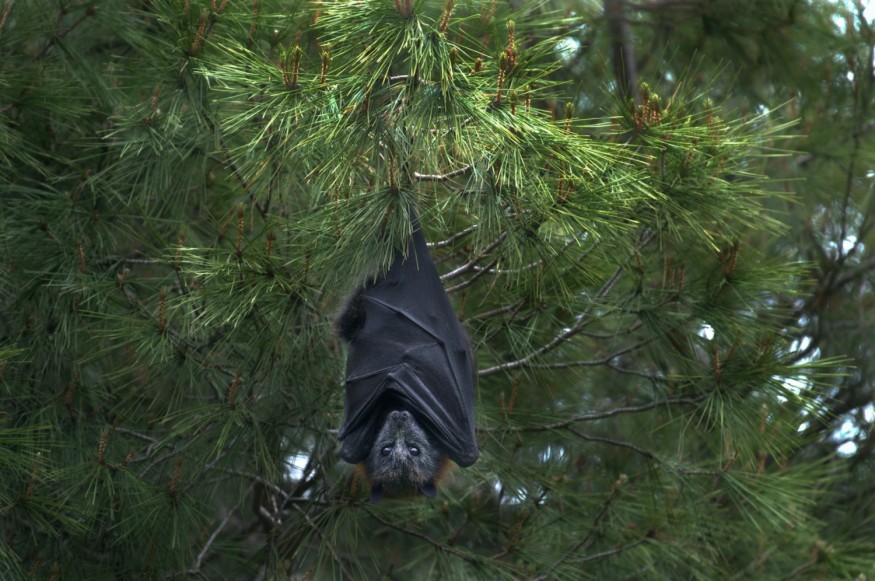
An international panel convened by the G20 group concludes that infectious diseases that stem from animals can become more frequent and it is largely of humans' making.
An "era of pandemics", they said, can happen within the next decade. People's exploitation of nature and wildlife now imposes greater risks of new diseases emerging that can infect people. Not only that, but this can also fuel an ongoing extinction crisis. A panel of the world's foremost scientists estimated around 1 million endangered species in 2020.
Now more than ever, scientists warn that threat of future pandemics and extinction crisis should be addressed 'in a bold new way'.
Reducing the risk of an outbreak and protecting wildlife from extinction
Conservation organizations had petitioned the Biden administration, U.S. Fish and Wildlife Service, and the Centers for Disease Control and Prevention to ban wildlife trade of all live birds and mammals; a proactive ban that shall reduce risks of zoonotic disease outbreaks like the disastrous COVID-19 that cost the world more than $5.6 trillion in lost GDP in 2020 alone.
If we don't learn from the worst disease outbreaks of the past 40 years, such as HIV, Ebola, SARS, avian and swine flu, and now COVID-19 itself, numbers cannot come close to balance the massive financial damage wildlife trade creates, fueling pandemics. This terrifying era does not just harm our economy, but more often kill more people by the day.
If wildlife exploitation continues, like keeping animals in dirty cages, transporting them in vehicles without proper sanitation, and stressing them that then shed and pick up diseases, the next pandemic is likely to happen sooner.
Being proactive than reactive
More importantly, being proactive should be more exercised than being reactive. For instance, the CDC only started regulating import of African rodents only after the U.S. monkeypox outbreak in 2003. The Fish and Wildlife Service only started regulation as well of its salamander species after the trade was linked with deadly fungus spread.
Given the fact that U.S. is a major consumer of wildlife, they cannot simply react only after an emergence of diseases.
"Only a proactive approach like banning the live bird and mammal trade will reduce the reckless exploitation of wildlife and help keep us safe," said Tanya Sanerib, international legal director at the Center for Biological Diversity. "We can't control novel infectious diseases, but the Biden administration can act now to improve our relationship with nature, to avoid the next pandemic. COVID-19 has shown that disease origin stories are hard to unravel and vaccines take a long time to develop and administer. There are no Hollywood endings in this new pandemic era."
Having the right mindset that there are 'near-infinite possibilities' that these outbreak diseases can arise in any time should be a jump start of constructing a reactive response that will reduce these possibilities. This includes regulating human activities starting with trade of live mammals and birds, since these two families pose the greatest risk of disease infecting people.
© 2025 NatureWorldNews.com All rights reserved. Do not reproduce without permission.



